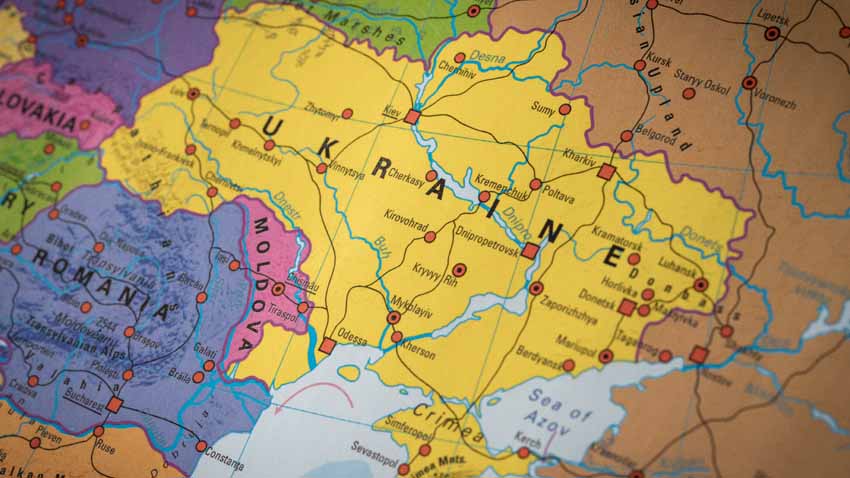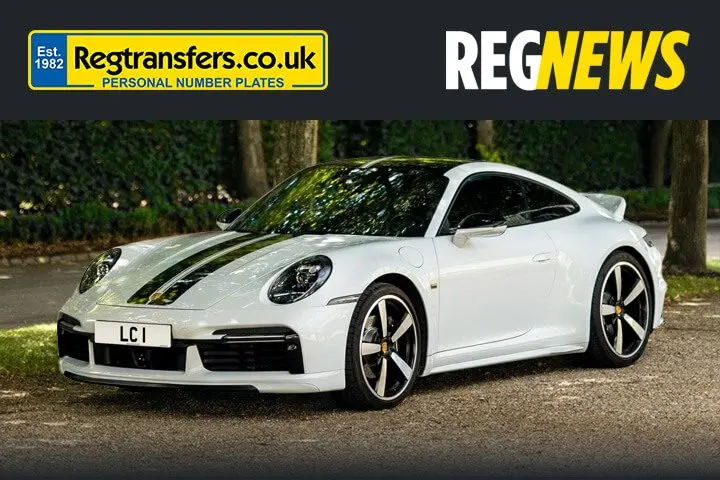
Human nature is a peculiar thing, especially when scaled up to the size of nation states.
Whenever we squabble, we seem to grasp at every petty thing we can possibly use to goad or inconvenience the party with whom we are at odds. Strange as it may seem, number plates have become a favourite stick with which fractious countries may poke each other.
Rumbles from the Balkans
The current trend seems to have begun with disputes between Serbia and Kosovo, two states with a complex shared history. Kosovo was formerly part of Serbia but it unilaterally declared independence in 2008. Serbia disputes Kosovo's independence and has always refused to recognise it as a separate country.
As we explained in a previous post, the number plate row began with Serbia banning Kosovo licence plates and requiring vehicles from Kosovo to buy temporary Serb plates in order to drive there. To no one's great surprise, Kosovo reciprocated with a ban on Serbian plates and a requirement that vehicles from Serbia buy Kosovo-issued temporary plates. In 2022, Kosovo ordered its own ethnic Serb citizens to dispense with their Serbian plates and replace them with number plates issued by Kosovo. A degree of chaos ensued with a large number of ethnic Serb police officers resigning from the Kosovo force.
In 2023, Serbia decided to allow Kosovo's cars to drive in the country with their normal, Kosovo-issued plates. The Serbian government insisted that the concession categorically did not imply recognition of Kosovo as an independent state. Kosovo subsequently removed restrictions on Serbian plates.
Poking the bear
Even as the Balkan number plate affair was calming down, licence plates were being politicised to the north and east, as a host of European countries introduced various restrictions on vehicles bearing Russian number plates. The measures were in response to Russia's invasion and ongoing aggression in Ukraine.
Before long, the EU issued a statement to the effect that Russian vehicles would be banned from entering all EU member states and individual countries, including some not in the European Union, have taken their own steps to exclude Russian vehicles. In February 2024, Latvia enacted legislation allowing the confiscation of vehicles registered with Russian number plates. The last European country bordering Russia to implement a ban was Norway, but it too has now joined the exclusion policy. Details of how bans work vary from state to state, and some countries still allow access to vehicles merely passing through their territories. Others ban private cars but allow buses.
Political football
Restrictions on freedom of travel by Russian vehicles, and the use of number plates as a tool to enforce them, will obviously not stop the war in Ukraine. As a cumulative body of punitive measures against an aggressor state, however, it all adds up. Asset-freezing, travel bans, trade restrictions and embargoes: it is impossible to say whether any of these will be the proverbial last straw but as long as there are non-military options to increase the pressure for peace, it surely makes sense to pursue as many of them as possible.
